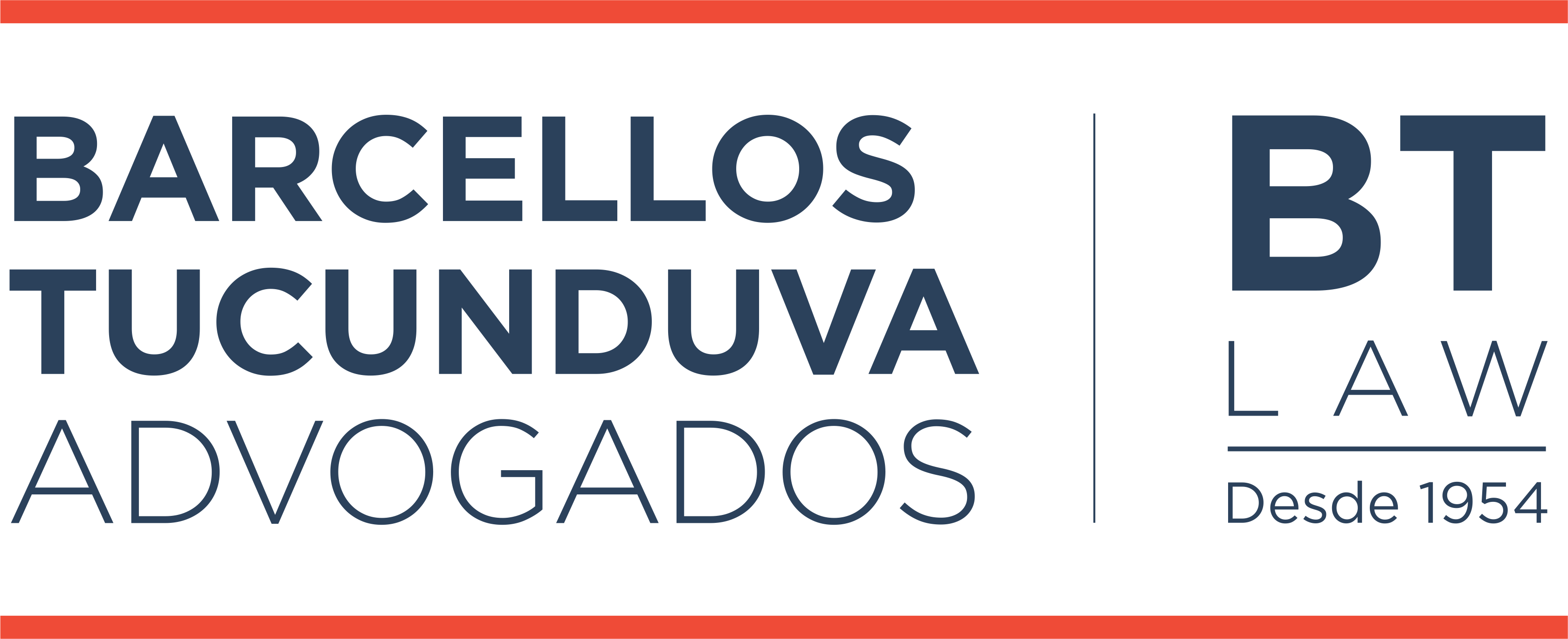Yesterday, the Senate approved the tax reform after 40 years of debate. The text underwent some changes, including the creation of a brake to prevent tax increases and a longer list of sectors that will receive some tax benefit.
The general assessment is that the reform is a victory for the Brazilian economy, since the current tax system is known for its complexity, high tax burden and lack of fairness. With the reform, the expectation is that there will be a stimulus to economic growth and an improvement in government revenue.
Katia Gutierres, a partner at Barcellos Tucunduva Advogados, a specialist in Tax Law (IBET/SP) and Tax Management (FIPECAFI/SP), points out that the approved reform bill brings the Brazilian tax system more into line with international practices, which could encourage new investments in the country.
"Another positive point about consumption is the prospect that the implementation of a dual VAT [Value Added Tax], especially with the unification of the ISS and ICMS into a single tax, the IBS [Goods and Services Tax], will eliminate the problem of the fiscal war, creating a safer business environment," he says.
Taxes: Exceptions put pressure on tax reform
However, it's not all flowers in the approved reform. This is because the senators included several new exceptions and concessions.
"At the end of the day, there is no idea what the VAT rate will be in Brazil. But it seems that some senators are in agreement with the fact that the country will have the highest consumption tax in the world," says Étore Sanchez, chief economist at Ativa Investimentos.
In an interview with CNN, the extraordinary secretary for tax reform, Bernard Appy, pointed out that, depending on the final text approved by the Senate, the Value Added Tax (VAT) rate should be between 25.9% and 27.5%.
It's worth remembering that when the tax reform was approved in the Chamber of Deputies, the economic team's projection was that the VAT rate would be between 25.4% and 27%. However, the bill's rapporteur in the Senate included new exceptions that could put pressure on the final rate.
A study released by the Institute for Applied Economic Research (Ipea) points out that, the way the reform passed through the House, the single tax would be more than 28%. As a result, Brazilian VAT would be the highest in the world, even surpassing Hungary's 27%.
A report by the Senate's Independent Fiscal Institution (IFI), on the other hand, includes a new study by the Mauro Borges Institute of Statistics and Socioeconomic Studies (IMB), an agency of the Government of Goiás. In this case, the calculations arrive at a neutral rate for national VAT of 29.01%. However, it could vary between 27.3% and 30.7%.
If there were no exceptions, according to the IMB, the Brazilian VAT rate could be around 21.74%, opening up the possibility of a scenario where the neutral rate would vary between 20.03% and 23.43%.
Transition time
In addition, the idea is for the tax reform to be implemented today, only to take effect in a few years' time.
"If definitively approved later this year, the transition period for Dual VAT to be fully implemented will be between 2026 and 2033. In addition, there will be a transition period of around 50 years for the allocation of the collection of the new taxes between the Union, the States and the Municipalities to be completed," says Katia.
The text of the reform states the following:
in 2026: a test rate of 0.9% will be applied to the Contribution on Goods and Services (CBS) and 0.1% to the Tax on Goods and Services (IBS);
in 2027: PIS and Cofins cease to exist. With this, the CBS will be fully implemented, while the IBS rate will remain at 0.1%;
between 2029 and 2032: there will be a reduction in the ICMS and ISS rates, as well as a gradual increase in the IBS;
in 2033: the new model becomes fully effective and ICMS and ISS are abolished.
Source: Money Times
